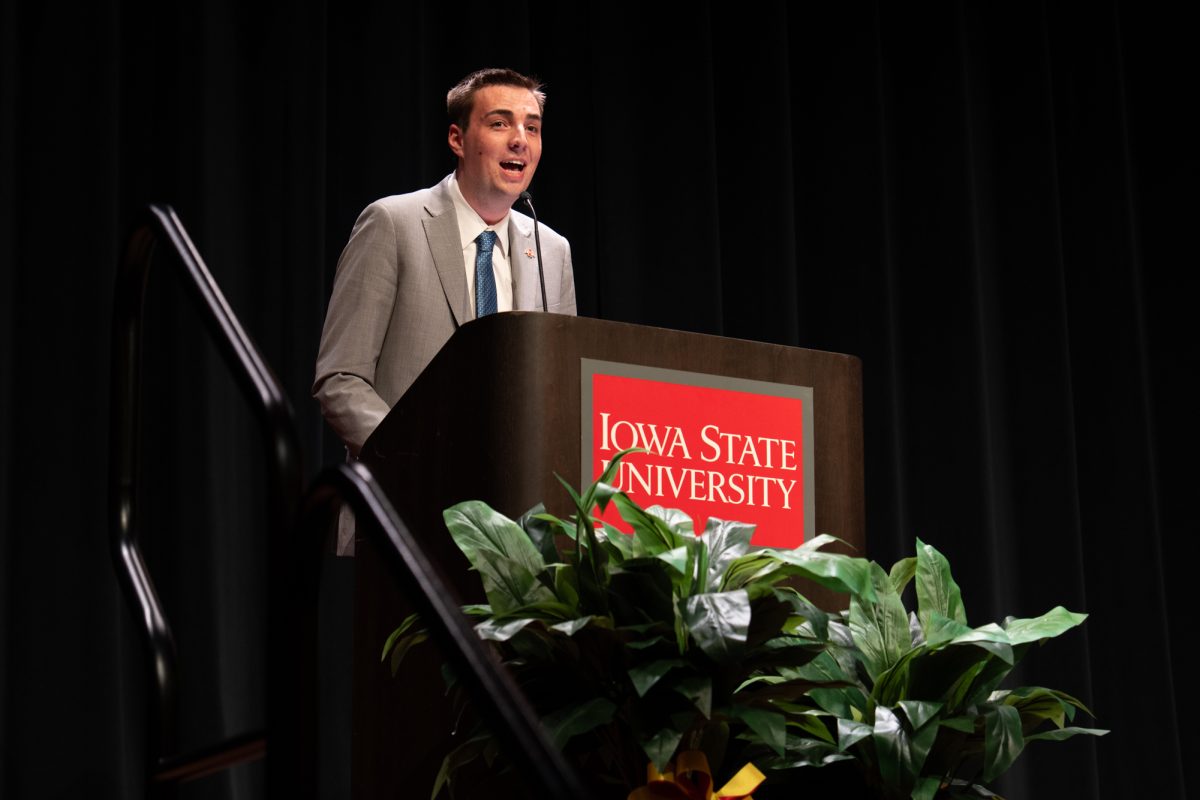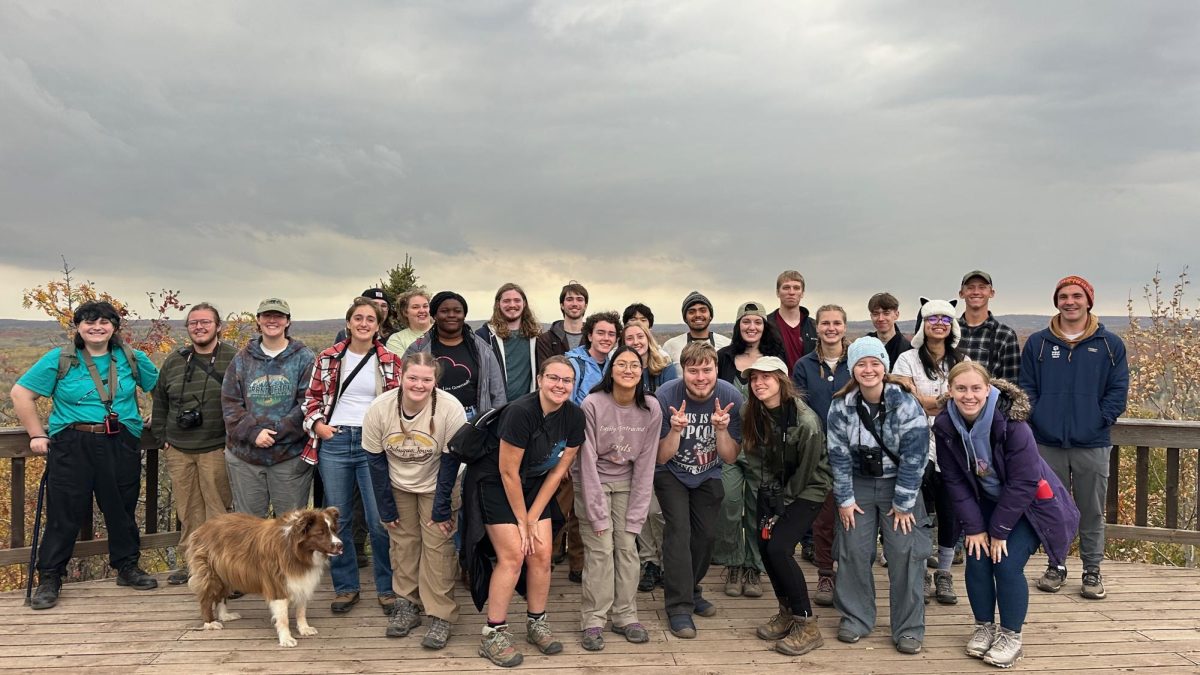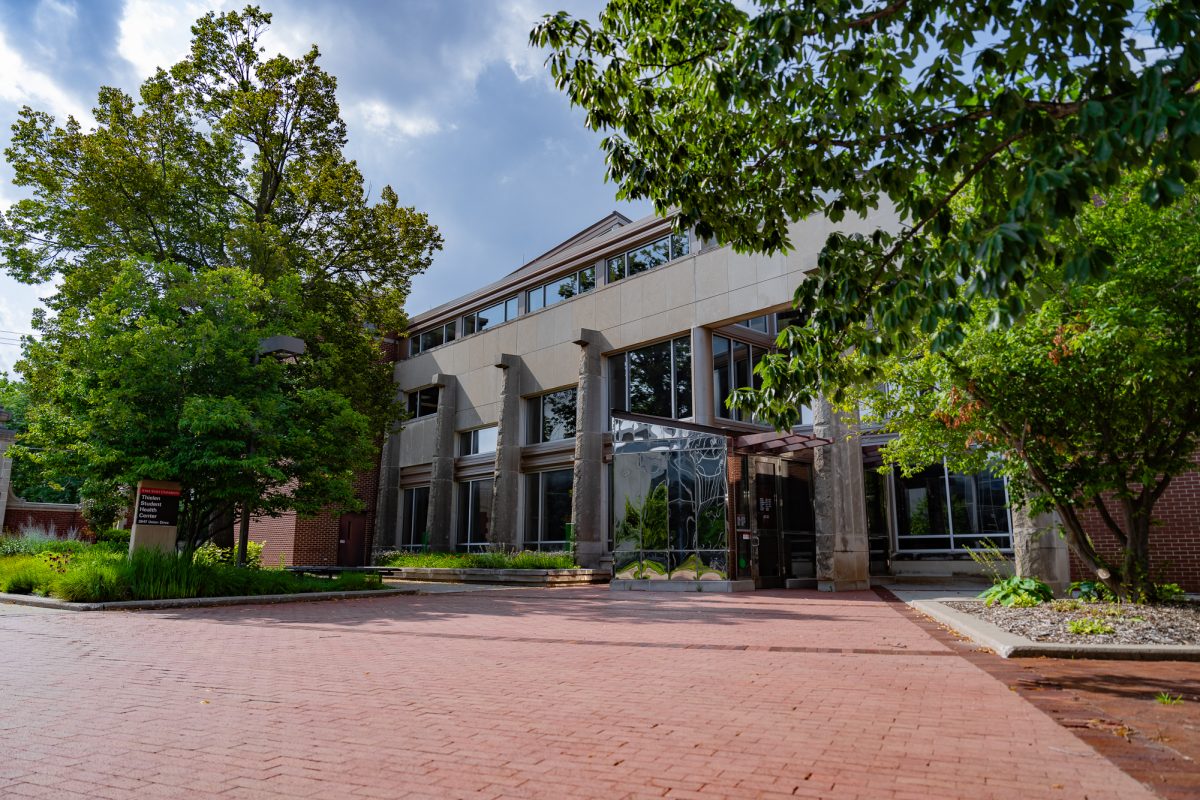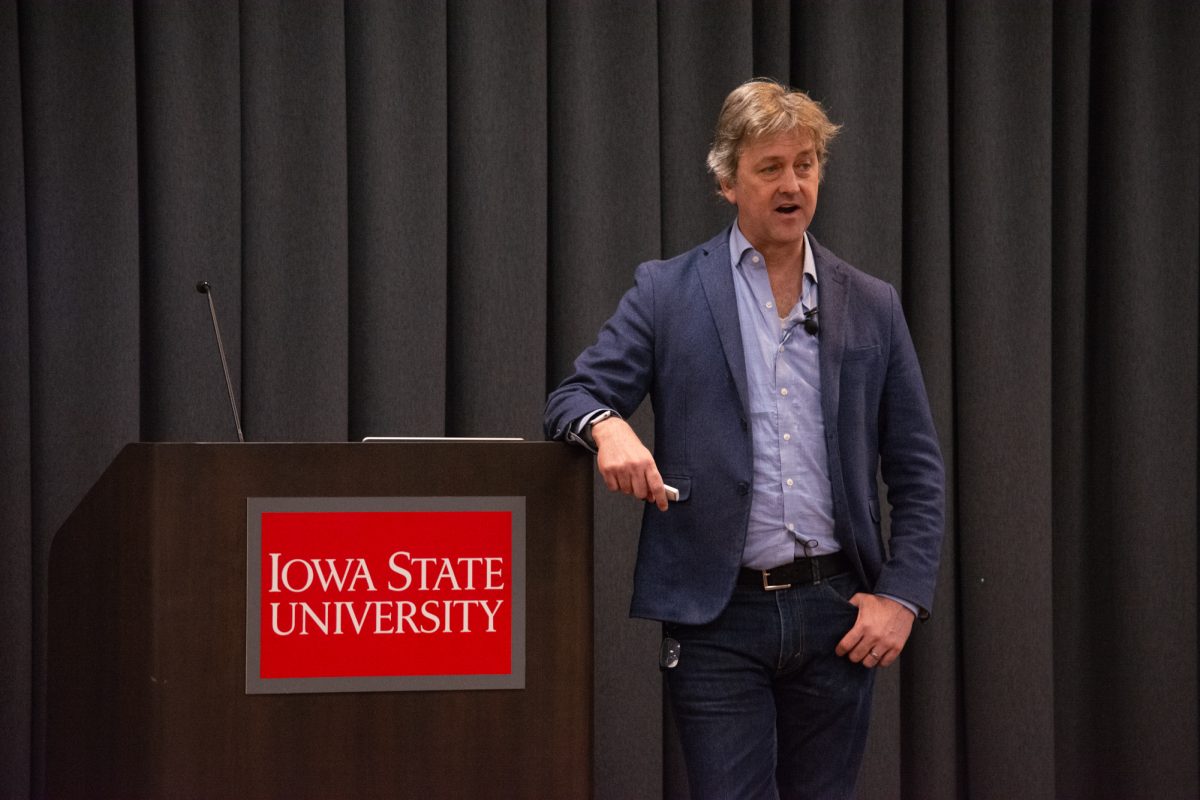Two Iowa State professors have been named on the World Food Prize’s 2024 Top Agri-Food Pioneer List.
Lisa Schulte-Moore, a professor in natural resource ecology and management, topped the list for her research on conservation agriculture. Walter Suza, an adjunct associate professor and George Washington Carver endowed chair, also topped the inaugural list for his research on plant breeding.
Schulte-Moore arrived at Iowa State in 2003 and has been working on the theme of agriculture sustainability since that time.
She said her broad research has indicated small changes can lead to big impacts.
“[With] just a little bit of prairie, we can help them [farmers] keep their soil in place, help filter nutrients, reduce greenhouse gas emission and provide a habitat for a broad set of biodiversity,” Schulte-Moore said.
She said her research started off in field trials and went from there.
“We started out… with randomized replicated field trials,” Schulte-Moore said. “Looking at different designs of corn and sweeping agriculture with little bits of reconstructed prairie integrated in. The research shows that if 10% of a crop field is prairie, it has these really phenomenal environmental benefits.”
Suza has led the Plant Breeding E-Learning in Africa Program (PBEA) since 2013.
“My passion for research and my journey to becoming a professor are rooted in a commitment to serve marginalized communities,” Suza said. “Education is a powerful tool to empower individuals and uplift communities, helping to alleviate poverty and hunger. Through my work in research, teaching and international outreach, I strive to make a meaningful impact in addressing these global challenges.”
Suza stated his background is in plant molecular biology, physiology and biochemistry, while his lab focuses on sterols. He said that understanding sterol-producing genes and how they help plants grow and tolerate stress creates important connections with plant breeding.
“Plant breeding is about improving the genetics of plants to benefit humanity,” Suza said. “It requires knowledge of genetics, statistics, plant physiology, entomology, plant pathology, molecular biology, agronomy and more.”
He stated the PBEA program has had major impacts across the world.
“Between 2013 and 2018, [PBEA] supported the training of 91 MS-level plant breeders from 15 African countries,” Suza said. “It is hard to imagine that today, PBEA resources have reached users in 177 countries, with over 114,000 users accessing the materials between 2023 and 2024.”
“It’s truly an honor,” Schulte-Moore said. “The World Food Prize is kind of like the Nobel Prize but in agriculture. It’s the main prize, and I never expected to and it’s still very cool to be recognized by this organization as somebody that’s contributed a lot in terms of the future of culture.”
She also expressed the honor of being named alongside her colleague Suza.
“In addition to being so honored by the prize, I’m really honored to be named alongside the other Iowa State professor that’s been named,” Schulte-Moore said. “I followed his work for a while and I think he’s a really amazing person and to be held up alongside him is really special for me.”
“I am deeply honored by this recognition,” Suza said. “Growing up in East Africa, I never imagined that I would achieve something like this. I am immensely grateful to my family, friends, colleagues and mentors who have supported me throughout my career.”
The two will be celebrated with other pioneers at the Borlaug Dialogue on Oct. 29 through Oct. 31 in Des Moines. For the full list of 38 pioneers, visit the World Food Prize website.













